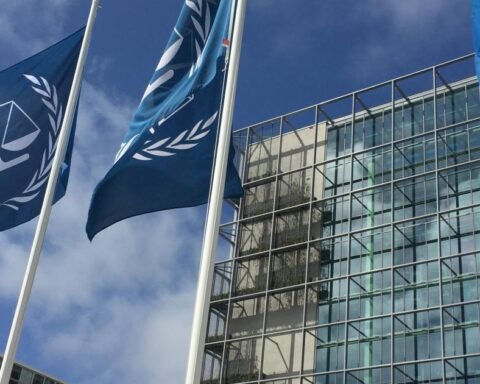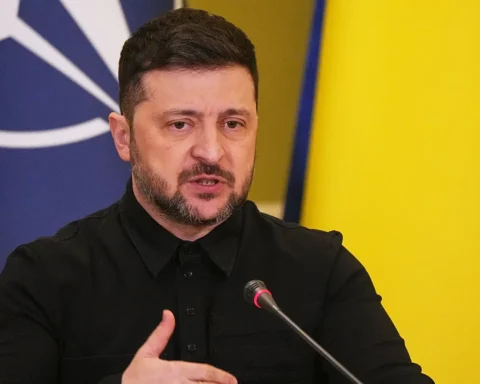U.S. President Donald Trump ordered the deployment of 2,000 National Guard troops to Los Angeles over the weekend.
The move follows a second consecutive day of public demonstrations that turned confrontational, particularly in areas with large immigrant communities.
The protests were sparked by ongoing immigration raids led by U.S. Immigration and Customs Enforcement (ICE) agents, prompting crowds to gather in the Paramount district in southeast L.A., waving Mexican flags and chanting slogans such as “ICE out of L.A.!”
At the federal level, Defense Secretary Pete Hegseth announced that Marines stationed at Camp Pendleton, located roughly 80 miles south of the city, were placed on high alert. “We are prepared to support local authorities should the situation deteriorate further,” Hegseth said.
Trump authorized the troop deployment by signing a presidential memorandum, which his administration justified as a necessary response to “lawlessness that has been allowed to fester.” Tom Homan, his top immigration adviser, said in a Fox News interview that the National Guard would begin deployment immediately and might remain in the city throughout the week.
Local leaders responded swiftly. California Governor Gavin Newsom strongly condemned the deployment, calling it “reckless and inflammatory.” Writing on X (formerly Twitter), he urged protesters to stay calm: “Do not give them an excuse. Never resort to violence. Protest peacefully.”
Also Read; BRICS Accelerates Digital Drive For Global South
Los Angeles Mayor Karen Bass also opposed the move, saying the city has the capacity to handle the situation without federal military presence. “We are addressing the unrest. The presence of troops is unnecessary and only raises tensions,” she said.
Meanwhile, on his Truth Social platform, Trump escalated his rhetoric, warning that unless city and state officials brought the protests under control, “the Federal Government will step in and solve the problem – RIOTS & LOOTERS – the way it should be solved!”
Civil liberties groups have expressed concern that the deployment could violate the Posse Comitatus Act, a federal law that restricts the use of the U.S. military in domestic law enforcement. Legal scholars argue the act is meant to preserve civilian control over domestic affairs and limit the scope of military involvement in non-war activities.
The deployment also draws comparisons to the 1992 Los Angeles riots, when federal troops were sent to the city following civil unrest sparked by the Rodney King verdict.







